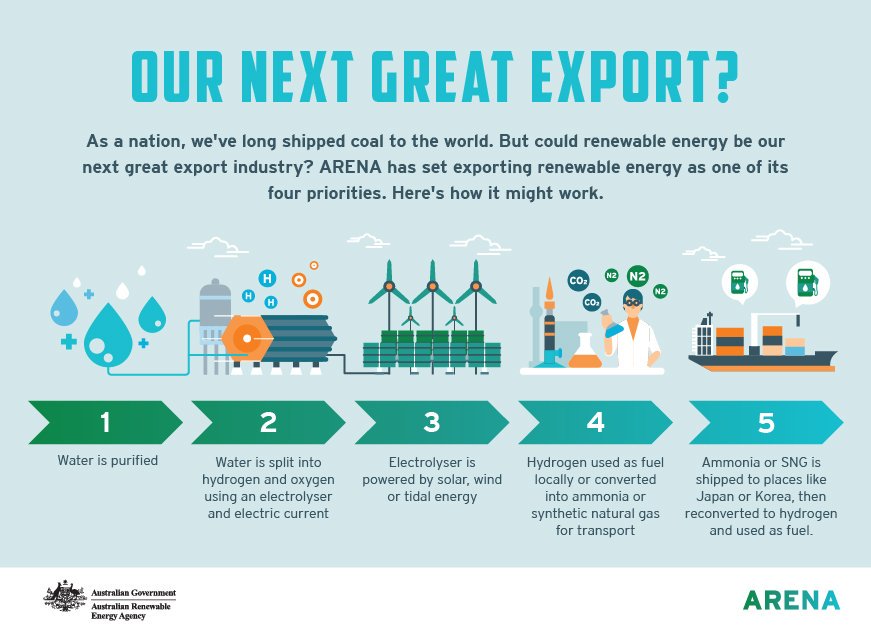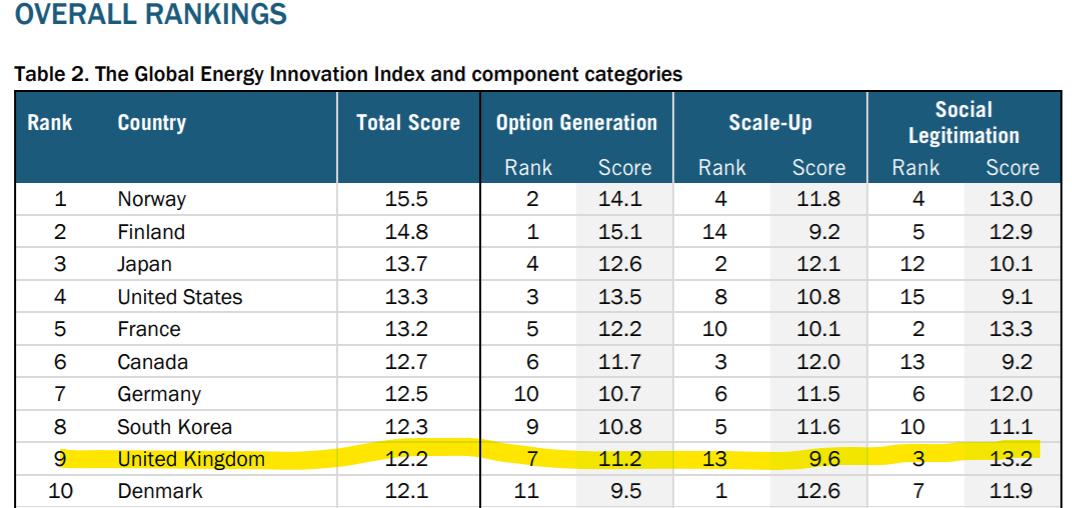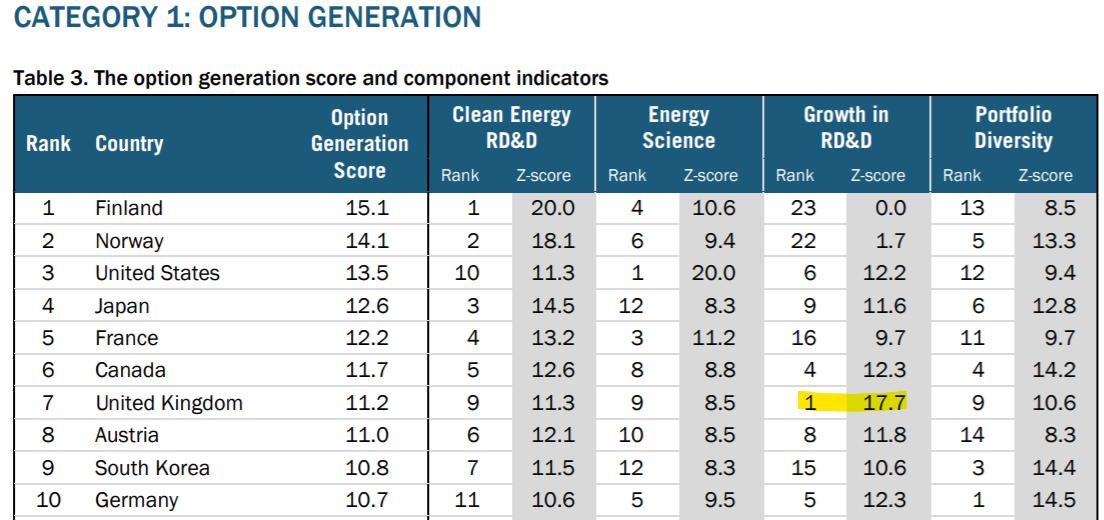1. Demographics
2. Renewable energy and batteries
3. MMT takes over policy
4. Regulatory squeeze on Tech firms
The western world (particularly US) saw the Baby Boomers born in 1945-64 after fewer kids born during the World War 2.
Median Boomer was born in 1955 and retires in 2020.
That has large implications to the world of finance ...
This also has implications for investments/savings in Hedge Funds and Private Equity ...
Older voters will have more political clout, and vote for more status quo policies - just due to the numbers. Working Age population shall decline, despite immigration by Syrian refugees
Given their aversion to immigration, we should see lower growth ahead ...
Can be a huge issue - or an opportunity if India replicates China
Other end Middle East, Africa, Pakistan ... those should see rising populations ... and more unrest due to competition for resources
Some countries like Canada and Australia are supplementing workforce via skilled immigration, but that might not be replicated in Europe and East Asia
Boomers sell McMansions but Millennials dont want to buy those?
Less buying of autos more of healthcare?
Pensions and healthcare commitments in Europe cant be met with tax collections?
Retiring Boomers vs middle aged Millennials.
In Japan older cohort won, didnt want inflation to eat into their savings. I reckon Europe goes similar way.
But US could see rise of Millennials and inflation making a come back?
In 2000s and 2010s we have seen falling costs in Solar and Wind energy which now are comparable to existing coal plants
Another trend in 2010s was the rise of Shale oil and gas which saw lower oil prices.
What lies ahead in 2020s?
We might have reached an inflection point in renewable energy plus battery storage where distributed solar or wind is economical?
...
If this is scalable like IKEA packs - we could see each house / apartment building / office building having a solar panel and storage batteries, leading to cleaner energy
Battery storage might smoothen it out, but need for variable prices and smaller but quick start gas fired turbines instead of coal or nuclear
We could see office buildings and carparks generating Solar power and selling to cars which are parked all day
May be US with its big oil be a bit late in the game.
China has already pushed 2wheelers and buses to be electric and this leads to lower demand of crude oil ?
Many people think his firms might not be financially viable, but I think a hockey stick curve might be past the horizon. $TSLA might be an option play.
Tesla, Solar City, Powerwall ... all fit in parts of the puzzle
Even if $TSLA goes bust ... some one else will ride the renewable wave (I lean on side of $TSLA over $TSLAQ)
just like Amazon makes money on Webservices, I think Tesla could make money on battery packs selling to China or buses in India etc
Countries like India might still build coal plants and oil refineries, we might see peak demand.
Also given US has shale oil below the ground - any price spike will lead to higher production, limiting powers of OPEC
If we have a lot more energy supply - this constraint removed - leads to longer business cycles?
Longer recession free periods?
2020s could see wider prosperity, and loosen OPEC's veto on geopolitics.
post 2008 it was the golden era of Central Banks, whose large unconventional policies pulled out the world from the Great Recession and Financial Crisis.
But this time, its a bit different ...
this Modern Monetary Theory has found a lot of backers and soon we might see politicians explicitly state it.
...
But with wider inequality, things like job guarantees, direct cash transfers (-ve income tax) will be needed as people vote for it
- higher taxes for the rich
- GDP driven by government spending
- higher deficits financed by central bank balance sheet
- weaker developed market currencies (as they do it before Emerging Markets?)
I am no expert on technology, but I think Technology companies today are in similar position where banks were in 2007 (or tech companies themselves in 1999)
Huge profits brings in hubris in the industry and envy among politicians/regulators
But when Google search and Facebook are free, you are paying them with your attention (Advertisements) and your Data (Marketers targeting you) ...
Many Unicorns in tech space were funded by cheap liquidity and Softbank could borrow cheaply via Retail Bonds in Japan to create Vision Fund ...
This bubble seems close to popping
All in all - I am bearish on tech stocks (not technology per say)






